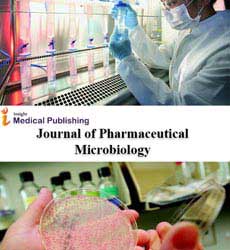Abstract
Noninvasive prenatal testing A new era of aneuploidy screening
Since ages maternal serum marker screening (double marker, quadruple test) and the respective antenatal ultrasound imaging ( NT/NB scan and anomaly scan) have been the main stay of prenatal aneuploidy screening. Both methods, however, have large false positive rates, ranging from 2% to 7%. Since its inception in 2011, millions of pregnant women in more than 90 countries have used cell-free (cf) DNA-based Non-Invasive Prenatal Testing (NIPT) to screen for fetal chromosome abnormalities and gene mutations that cause a variety of genetic disorders. NIPT is an advance method for detecting fetal chromosomal aneuploidies that examines cell-free fetal DNA in a pregnant woman's blood. While many professional associations advocate that NIPT be used as a screening approach rather than a diagnostic test, its excellent sensitivity (true positive rate) and specificity (true negative rate) make it a compelling alternative to serum screens and invasive procedures already in use
Author(s): Khushboo Srivastav, MD
Abstract | Full-Text | PDF
Share this

Google scholar citation report
Citations : 36
Journal of Pharmaceutical Microbiology received 36 citations as per google scholar report
Abstracted/Indexed in
- Google Scholar
- Secret Search Engine Labs
Open Access Journals
- Aquaculture & Veterinary Science
- Chemistry & Chemical Sciences
- Clinical Sciences
- Engineering
- General Science
- Genetics & Molecular Biology
- Health Care & Nursing
- Immunology & Microbiology
- Materials Science
- Mathematics & Physics
- Medical Sciences
- Neurology & Psychiatry
- Oncology & Cancer Science
- Pharmaceutical Sciences

